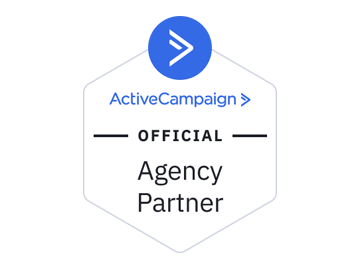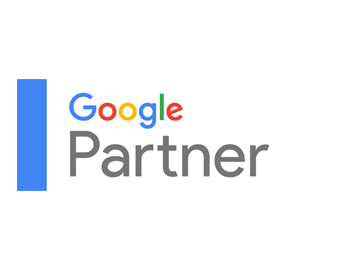As technology continues to evolve, consumers are growing more aware of the programs behind the scenes of their favorite platforms. In recent news, Google has announced the plan to end the use of data collecting cookies on Google Chrome. With Chrome being one of the most popular search engines, we can only imagine the changes that follow and the effects they could have on the technological sphere.
What is a Cookie?
A cookie is a small file of electronically collected personal information used in web environments. This file is commonly sent to a user’s device to collect by data by a third-party entity. This data is sent back to a third-party for data analysis. While in an active web session, cookies are used, then stored in the memory of the computer. The data collected from cookies stop collecting info after the session has expired. If cookies are required, not accepting the terms of cookies can stop normal functions of the web browser. Some information extracted from the user via cookies includes domain name, internet address, time, location, or date of a web visit, demographics, and any other activity the user participates in.
Why Do We Use Cookies?
There are many ways and reasons why we use cookies. Mostly for the purpose of providing users the most personalized experience. Through this, cookies can provide detailed information that’s helpful for web developers to create efficient platforms.
1.) Monitor activity
Third parties use cookies to monitor activity on their platform. This tells them how many people visit the website, what they do on it, how long they spend, and any other activity users participate in. This can help developers understand how consumers interact with their website which leads to optimization.
2.) Optimize
Optimization is making something the best it can be. We see this happening all the time as platforms want to evolve to become more efficient for users. Using cookies tells developers or any third-party what is working on their site and what can be done to improve it.
3.) Target Market
Cookies also help developers, marketers, and other third-party organizations remain one step ahead of consumers. Everything we see on our personal devices is intentionally placed to target our specific needs, wants, and interests. The personal data collected helps track and measure influences on the target audience
4.) Memory
Cookies also assist in storing memory. When we log into a platform and don’t have to think about our credentials to get in, that’s thanks to cookies that store this information and bring it back when we are active again on the session. It also stores the memory of demographics such as age, location, gender, socioeconomic status, and more. Cookies are used alongside a cache, and they both work to remember information so it can be pulled up faster when you visit that same site again.
This data collection becomes a way of identifying user behavior, trends, or other information websites can use to identify their target audience. Although cookies are made to help optimize and monitor digital platforms, they are often looked at as a major invasion of privacy.
Why Are Cookies Being Removed?
Cookies are being removed due to concerns over privacy. This change was initiated by Google as they announced the end of the use of cookies on their extremely popular search engine, Google Chrome. Google’s Director of Chrome Engineering, Justin Schuh, explained, “users are demanding greater privacy–including transparency, choice, and control over how their data is used–and it’s clear the web ecosystem needs to evolve to meet these increasing demands” (2021). The plan to remove third-party cookies ensures that electronically collected personal information is no longer being tracked, shared, sold, or stored. The everyday consumer has no idea what it means to, “accept cookies”, which lends itself to a lack of transparency on the developers’ end. Moving forward, users can feel good about going on any website knowing their information is not being tracked, while they can still use functions of the website without cookies.
Google is going to lead the charge in the relationship between consumers and the industry, focusing on serving the public more authentically without a need for mutual benefit. It’s refreshing to see a technology conglomerate like Google, do what’s right for consumers, but what kind of effect will this have on the internet world and all the establishments that rely upon it?
How Will This Affect Digital Advertising World?
Advertisers will no longer be able to get information on users via third-party cookies and will need to come up with alternatives to collect information. Google has over 60 percent of the market share in the digital industry globally, changing the way they collect data will change it for businesses of firms that rely upon Google’s cookies to build a prosperous service. For marketers to work intentionally and tailor ads to the public, they must know about their consumers. Without information on consumers, advertisers must challenge themselves to put their money in the right place. Investing in advertisements that you know consumers will like, due to data collected by cookies, make marketers feel confident about the performance of that ad. Without cookies, marketers are less likely to spend on ads if they can’t pinpoint what that ads yield will bring.
When this change is solidified, digital advertisers will have to get their information from first-party cookies and other forms of data collection. First-party cookies are information files directly put into a browser by the user. In addition, data can only be accessed by the owner or publisher of the site, not third-party. Although first-party cookies don’t hold all the details marketers need to target their audience this is an option to consider.
As of now, similar programs are being developed to do what cookies do without using consumers’ private information. Until then, businesses that have a digital presence will have to find ways to optimize their marketing strategies for the time being. If you are looking for digital promotion services for your business, contact VUP Media. Our digital marketing team can help you establish your intention even with the ban of third-party cookies.









